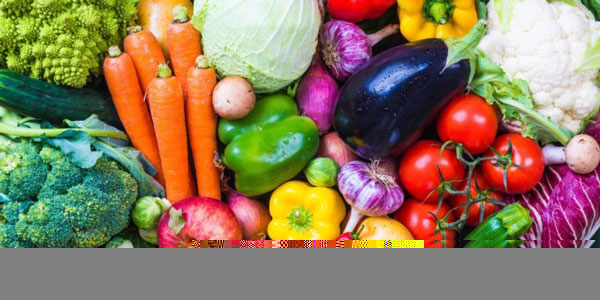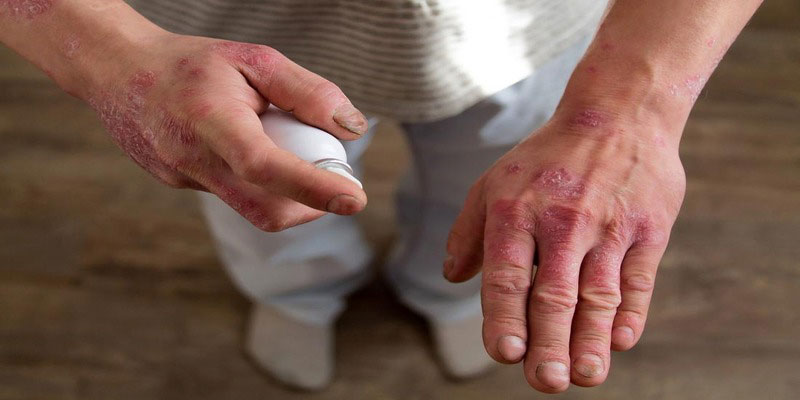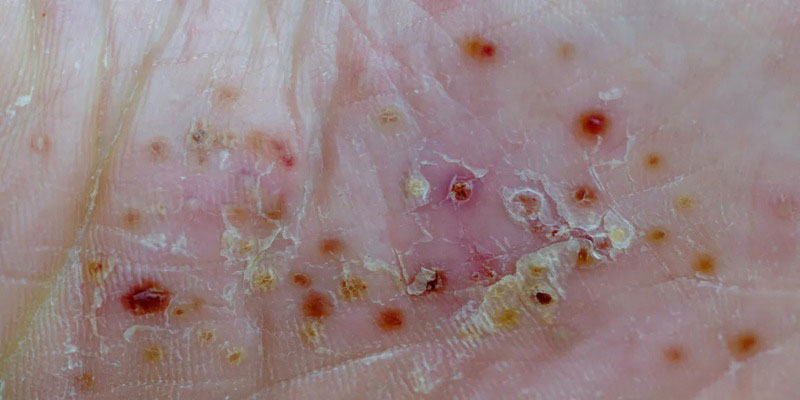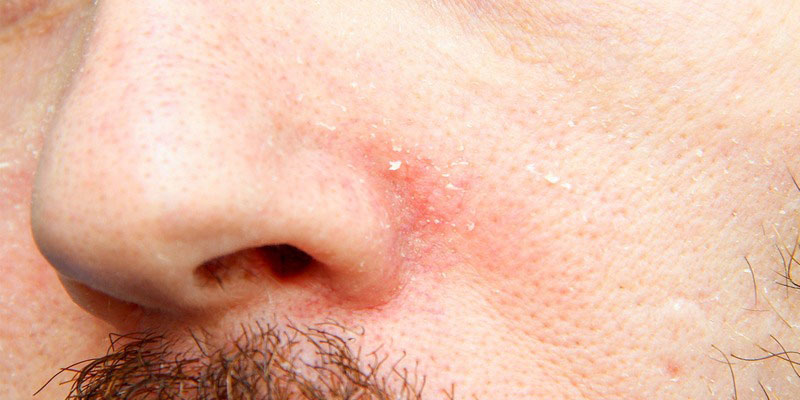What Is a Wet Cough Any cough that produces mucus is considered a wet cough. A productive cough is so named because it causes extra mucus to rise and exit the lungs. You'll probably taste some phlegm after a good, productive cough. When your body detects an irritant, such as dust, in the air, it triggers a response that causes you to cough. The nervous system's job is to alert the brain whenever an irritant is detected in the airways. The muscles in your chest and belly tighten in response to a signal from your brain, causing you to exhale quickly and forcefully.
Mucus is a powerful stimulator of the reflex to cough. A viral or bacterial illness in children nearly invariably causes a wet, productive cough. The body produces more mucus than usual when an upper respiratory illness such as a cold or the flu is present. This mucus in the chest is referred to as phlegm.
Caused By A Wet Cough
Infections with microorganisms, such as bacteria and viruses, such as those that cause the common cold or influenza, are the most common cause of wet coughs. Mucus membranes line your whole respiratory system. Keeping your airways wet and protecting someone's lungs from irritants are just two of the numerous positive roles that mucus plays in the body. However, your body creates more mucus while fighting off an illness like the flu. This is done to aid in the removal of infectious germs by entrapping them. Excess mucus throughout the lungs and chest may be expelled by coughing. Your body may produce more mucus than normal for reasons unrelated to your cold or flu.
What Does It Feel Like, And How Does It Sound When You Have A Wet Cough?

You may attribute much of your cough's discomfort to the mucus. Dr. Han said an increase in mucus production is the hallmark of a wet cough caused by lung inflammation. Dr. Han noted that the excess phlegm might make breathing difficult in certain people. On the other hand, if you have a dry cough, your throat may feel dry and irritated even before you start coughing. You may also detect whether you're coughing up liquid by listening to the tone. A wet cough often makes a person feel like they have something rattling around in their chest. Crackles, wheezing, or rales, as well as minor clicking, bubbling, as well as rattling noises while inhaling, may be heard by a healthcare provider listening to the lungs using a stethoscope, according to Dr. Nesheiwat. A dry cough, conversely, might arrive with a raspy or "hacking" sound.
What Are The Roots Of A Bad Cough?
According to Dr. Han, a cough is your body's natural defense against inhaling irritants like smoke, dust, or chemicals. This is in line with the definition of a cough provided by the American Chest Association. Wet coughs occur when there is an excess of mucus in the lungs, which may lead to difficulty breathing if it is not expelled. According to Dr. Nesheiwat, inflammation and irritation caused by various infectious diseases is the most prevalent cause of mucus buildup. Dr. Nesheiwat mentioned viral illnesses as potential causes of acute wet coughs, typically developing rapidly and lasting shorter than three weeks. These illnesses include the influenza virus and the common cold. The air sacs in the lungs fill with pus due to illnesses including bacterial and viral pneumonia, says the National Heart, Lung, but instead Blood Institute.
How Do You Treat A Wet Cough?

A diagnosis of what's causing your wet cough is necessary before deciding on a treatment plan. Acute viral infections, such as those that cause a hacking cough, usually clear up within a few weeks. According to MedlinePlus, a subsidiary of the National Department of Public health, taking an over-the-counter drug containing an expectorant, such as the component guaifenesin, thins the mucus, making it easier to cough up. Additionally, try these home remedies to aid with the cough. Dr. Nesheiwat's favorite remedies for his patients are hot tea with maple syrup, a hot humidification humidifier, as well as cough pills. The anti-inflammatory properties of the tea, the soothing effects of the honey, and the mucus-thinning properties of the humidifier were all highlighted by Dr. Nesheiwat.
Conclusion
Following the American Lung Association, a wet as well as productive cough is a form of cough that comes up mucus, which may be clear, white, yellow, green, as well as brown, Meilan Han, MD, a University of Michigan epidemiologist professor or internal medicine as well as the spokeswoman for the American Lung Association, explained health. Phlegm is present in a productive cough but not in a dry cough. CityMD's medical director in New York City, Dr. Janette Nesheiwat, specializes in family and emergency medicine.




